
Join 10k+ people to get notified about new posts, news and tips.
Do not worry we don't spam!
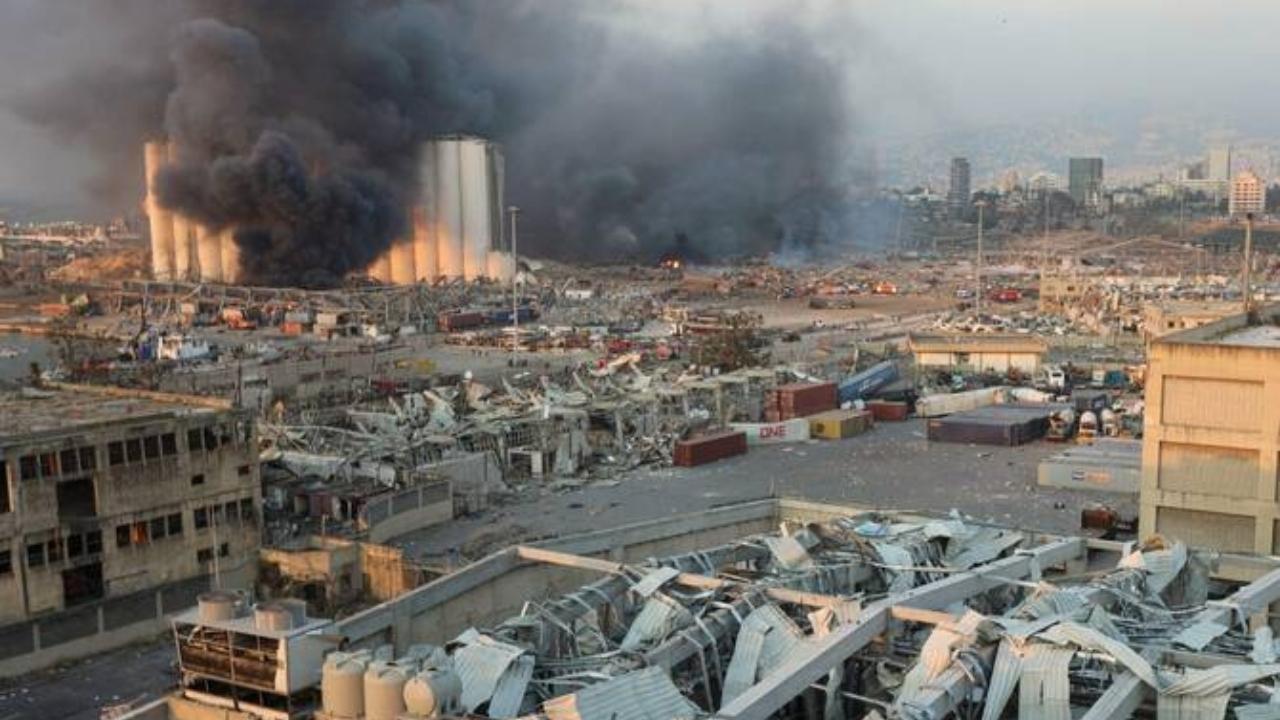
Post by : Minna
Photo:Reuters
The arrest of a shipowner in Bulgaria in connection with the 2020 Beirut port explosion has reopened one of the darkest chapters in Lebanon’s recent history. More than five years after one of the world’s largest non-nuclear explosions devastated its capital city, families of victims and ordinary Lebanese citizens are watching closely to see whether this long-awaited development will finally deliver some measure of justice.
The Blast That Shook a Nation
On August 4, 2020, a huge explosion ripped through Beirut, Lebanon’s capital. The blast killed more than 200 people, left over 6,500 injured, and displaced hundreds of thousands. Entire neighborhoods were flattened, and billions of dollars in damage brought the city to its knees. Many people around the world watched in shock as video footage captured the massive mushroom cloud rising above Beirut’s port, the shockwave shattering glass and buildings across miles.
The cause of this disaster was quickly traced to 2,750 tonnes of ammonium nitrate, a dangerous chemical often used in fertilizers and explosives. The chemicals had been stored at the port for years without safety measures, despite repeated warnings from port officials, security services, and customs authorities. What made the tragedy worse for the Lebanese people was the knowledge that this was not an unavoidable natural disaster but a result of years of official negligence, corruption, and failure.
The Arrest in Bulgaria
This week, authorities in Bulgaria confirmed the detention of Russian businessman Igor Grechushkin. He was the owner of the ship that originally transported the ammonium nitrate to Beirut in 2013. Reports say that he abandoned the cargo, leaving the dangerous explosives in the port’s warehouses. An international arrest warrant had been issued against him through Interpol at the request of Lebanese authorities.
Grechushkin was caught attempting to cross the Bulgarian border, ending years of elusiveness. After nearly half a decade, his arrest has revived hope among many in Lebanon that the chain of responsibility for this tragedy might finally begin to unravel. Lebanese prosecutors have formally requested his extradition in order to interrogate him and move forward with the long-stalled case.
A Long Struggle for Justice
While this arrest is a significant step, it still represents just one link in a much larger system of responsibility. Families of the victims and survivors have spent years demanding accountability not just from foreign shipping operators but also from Lebanese politicians, security officials, and port authorities who ignored repeated safety warnings.
Investigations in Lebanon have been slow, repeatedly blocked, or obstructed by political interference. Judges appointed to lead the case have faced pressure, threats, and even removal. Each delay has added to the anger of citizens who already see their leaders as corrupt and self-serving.
The blast became a symbol of government failure in Lebanon. In the months following, mass protests erupted across the country, demanding not only justice for the explosion but also greater accountability in governance and reforms in a country sinking deeper into economic crisis.
What the Arrest Means
Grechushkin’s arrest matters on several levels. First, it restores some measure of credibility to the quest for accountability. Victims’ families now see that international efforts can help when domestic ones are paralyzed. Second, it highlights the critical role played by global cooperation in ensuring justice where local systems fail. Without Interpol and cross-border intelligence sharing, it is likely Grechushkin would still be at large.
However, this arrest alone does not answer the bigger questions. Even if Grechushkin is extradited and tried, the matter of government negligence remains unresolved. Why did Lebanese authorities allow the ammonium nitrate to sit in unsafe storage for seven years? Who signed the documents? Why did repeated warnings go ignored? Justice cannot be complete without addressing these questions.
Broader Implications for Lebanon
The legacy of the Beirut explosion goes beyond the loss of life and property. The blast deepened Lebanon’s existing financial crisis, pushed many young people to emigrate, and eroded trust in the state. International donors and governments pledged aid for the victims but often bypassed the central government, citing corruption concerns. The explosion became a symbol of Lebanon’s broken governance system and its cycle of impunity.
For many Lebanese citizens, the continued lack of accountability is just another expression of how justice is denied in their country. This case, therefore, has the potential to become a turning point if it is handled firmly and transparently. The arrest can bring a degree of hope, but unless Lebanese authorities rise above political games, that hope could easily fade.
International Pressure Is Key
The international community, particularly countries tied to Lebanese trade and aid, now faces a choice: to insist on a fair investigation and trial or to allow political elites to suppress the case again. Human rights groups have argued for years that an independent international investigation is necessary, similar to inquiries launched in other mass-scale incidents.
The renewed attention after the arrest of Grechushkin could serve as a reminder that the world is still watching. For many in Lebanon, international pressure might be the only way to break the political deadlock and push the judicial process forward.
Justice Beyond One Man
In the end, the arrest of Igor Grechushkin is only one piece of a complicated puzzle. Justice for the Beirut blast will not come from punishing one shipowner alone. It requires a broader accountability chain involving state officials, port administrators, security chiefs, and politicians who collectively enabled this disaster.
True justice will mean both legal accountability and structural reform so tragedies like this cannot happen again. For a nation already weakened by economic collapse, political paralysis, and regional instability, achieving this is a steep challenge—but it is one Lebanon cannot afford to ignore.
#Beirut #port #blast
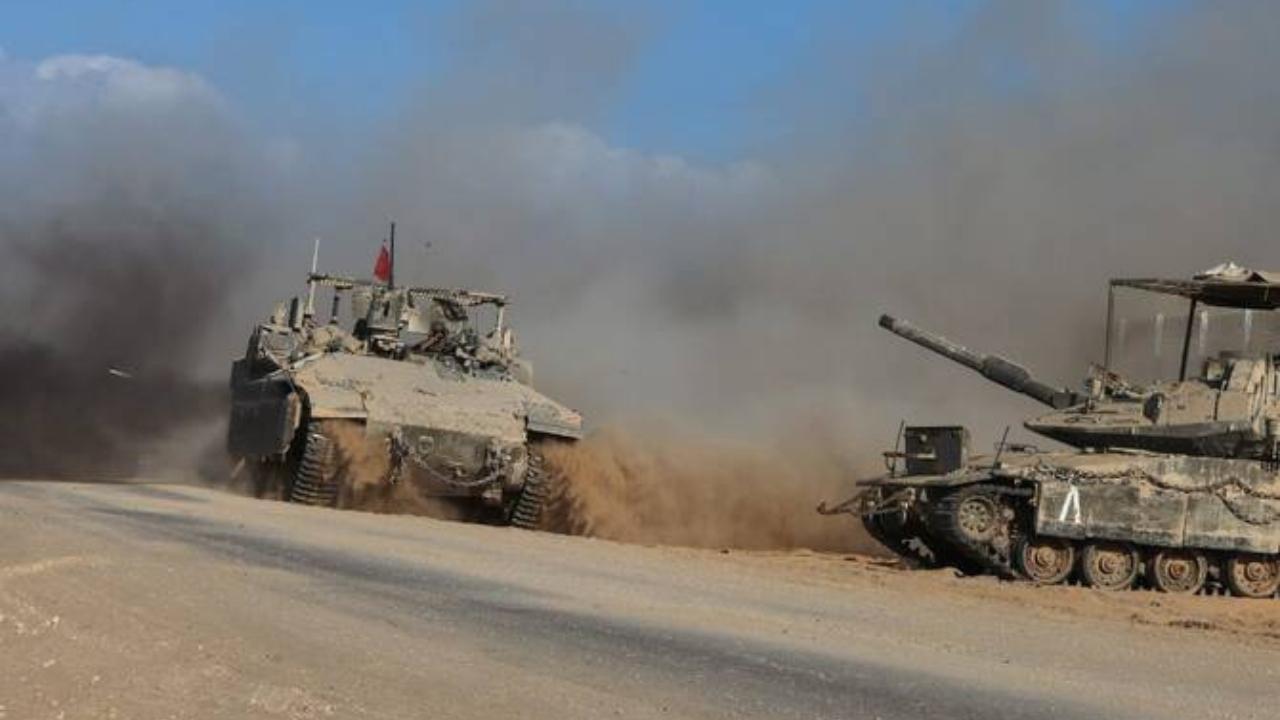
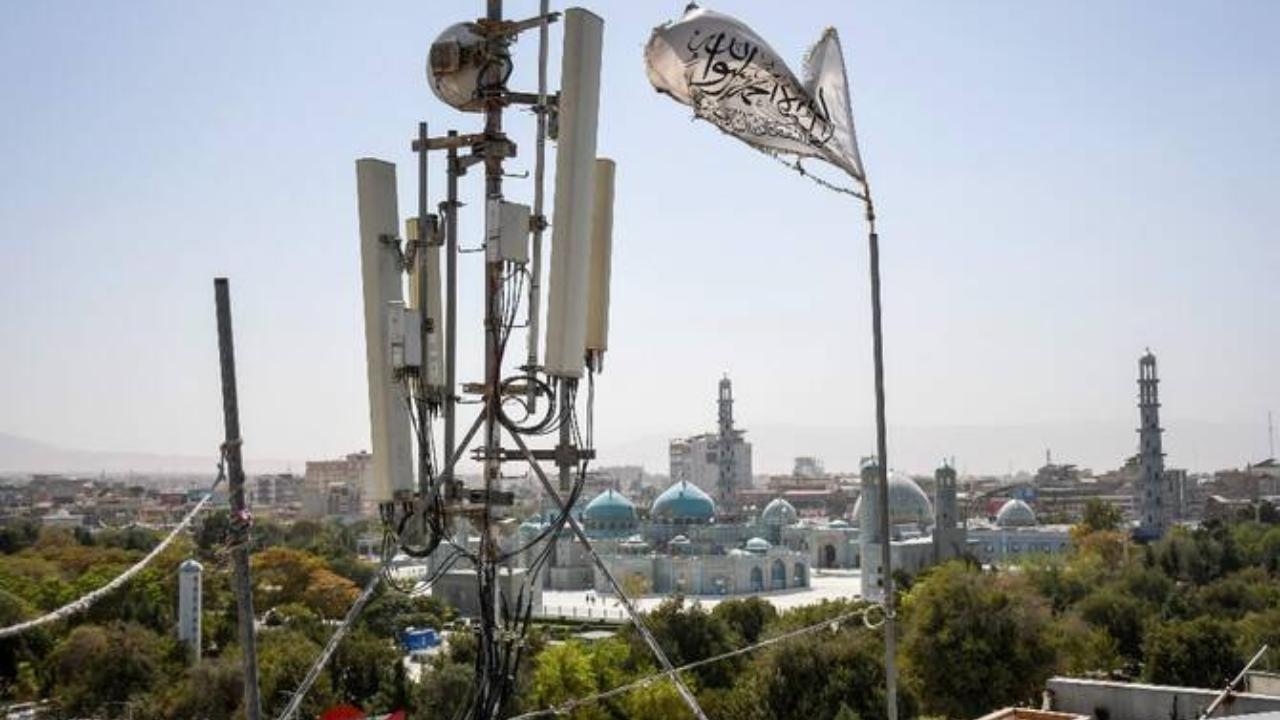

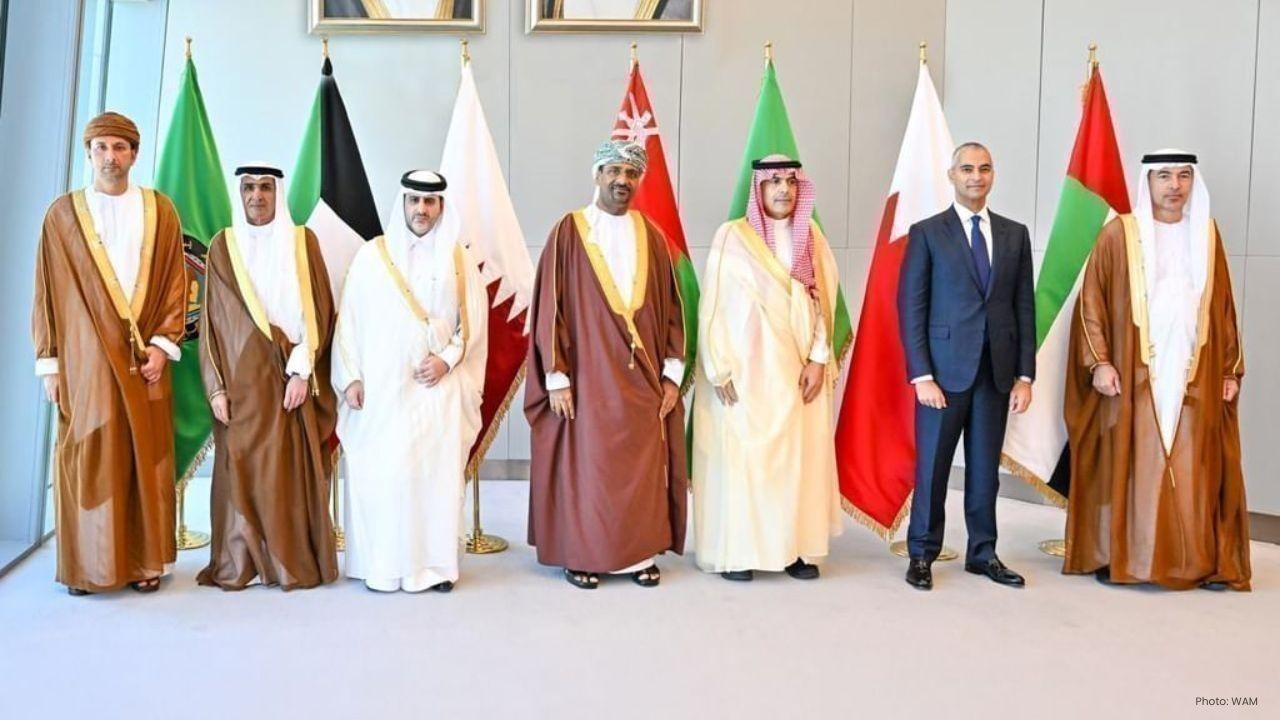



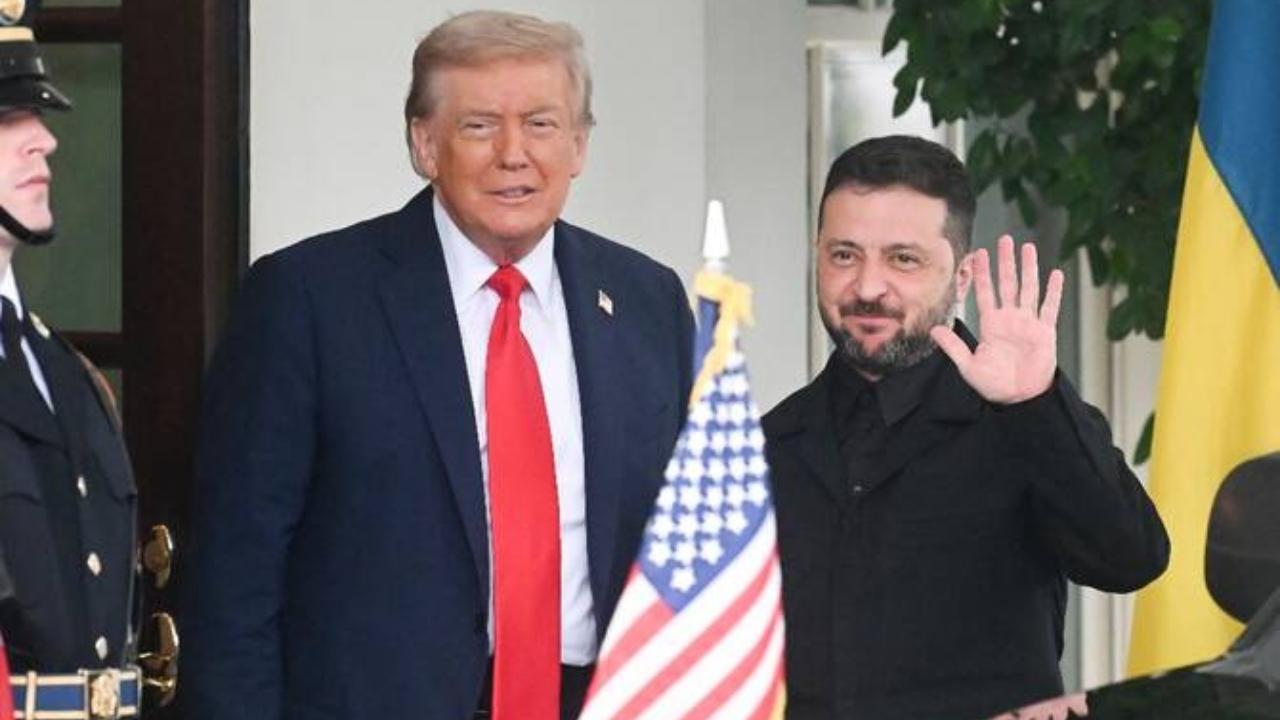


Israel Expands Gaza City Operation, Residents Told to Leave
Israel widens Gaza City operation, urges residents to evacuate soon.

Taliban Bans WiFi in Afghan Province to Stop Immorality
Taliban bans WiFi in Afghan province, citing rise in immorality.

Trump may meet Zelensky next week to push for peace talks
Trump and Zelensky may meet next week to hold fresh peace talks.
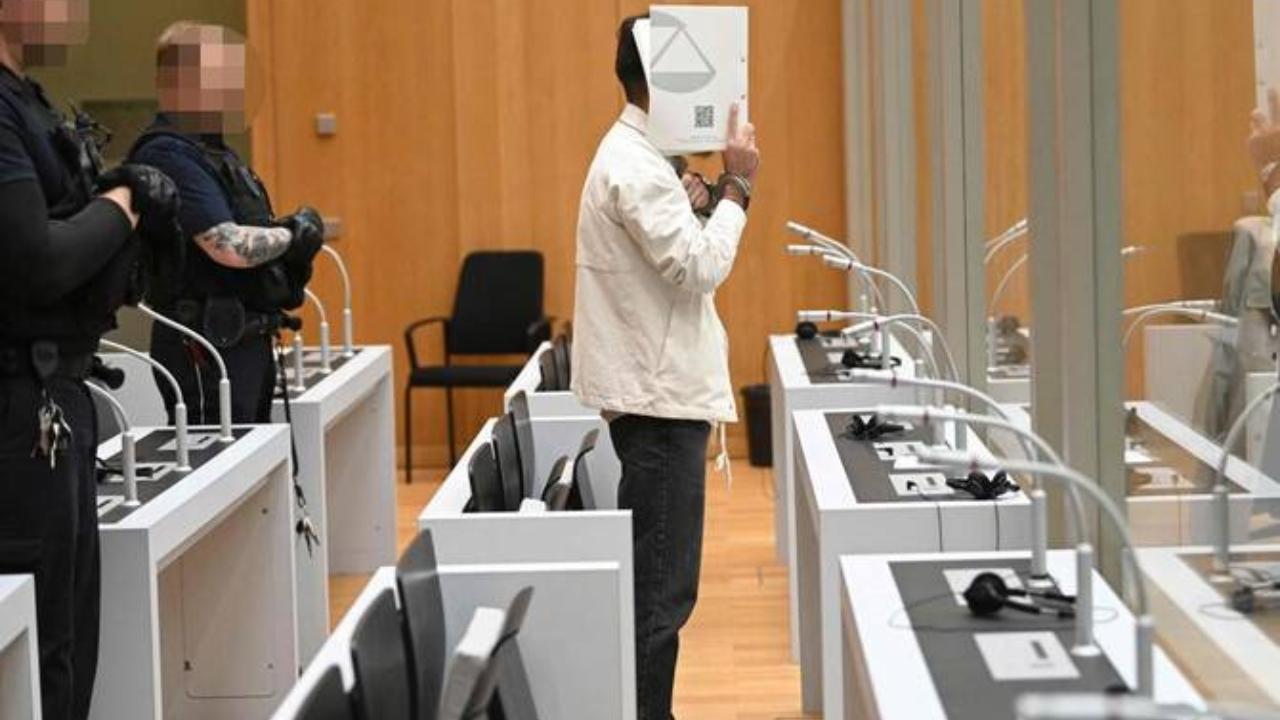
Afghan Man Gets Life Sentence in Germany for Rally Stabbing
Afghan man sentenced to life in Germany over fatal rally stabbing.

Google Gemini AI Saree Trend Goes Wrong, Users Report ‘Creepy’ Edits
Google Gemini’s Nano Banana AI saree selfies trend sparks safety concerns as some edits appear creep
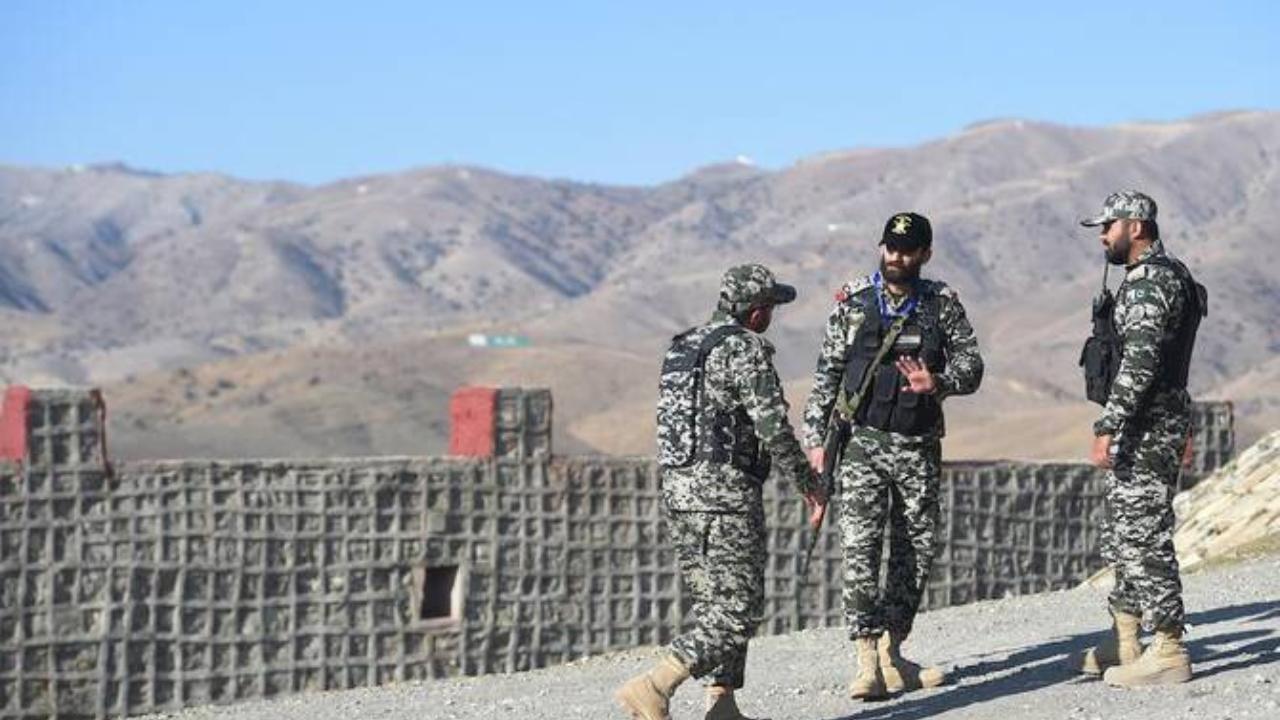
Pakistan Army Kills 31 Militants as Security Operations Rise
Army kills 31 militants amid rising presence and crackdown
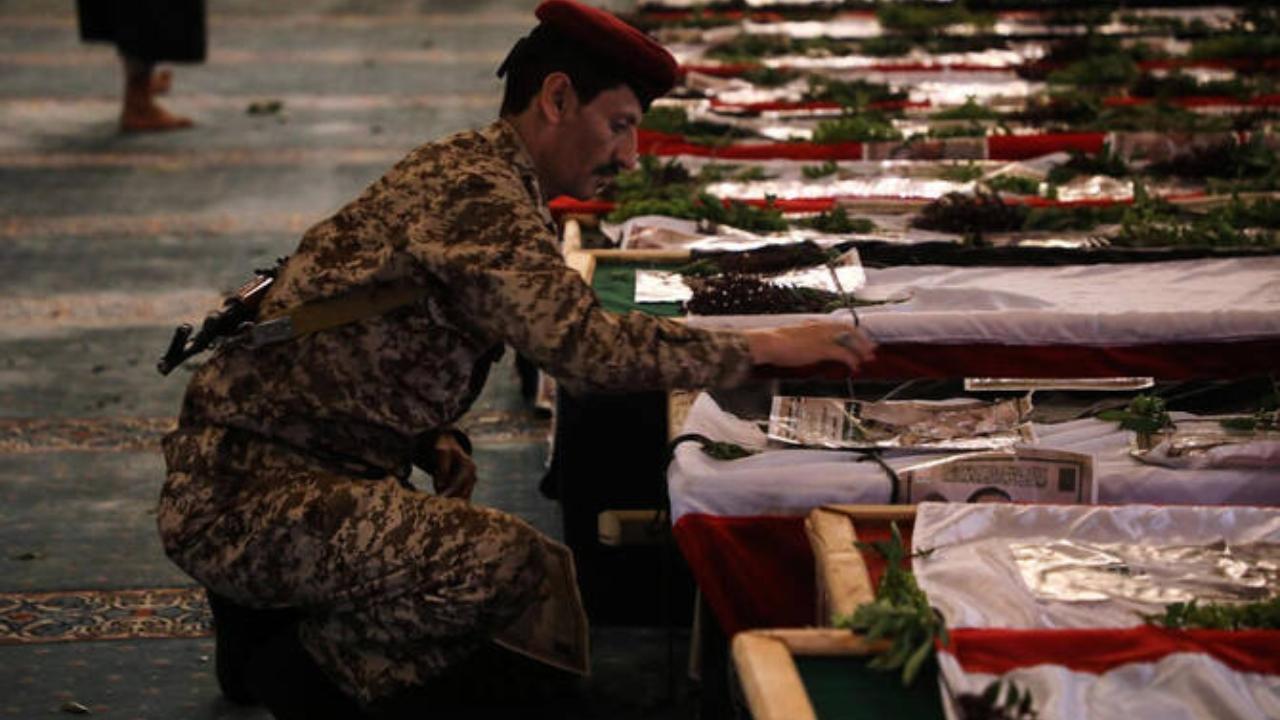
Hundreds Mourn Yemeni Journalists Killed in Israeli Airstrikes
Funeral held for 31 Yemeni reporters killed in Israeli strikes.

Shipowner Tied to Beirut Port Blast Arrested in Bulgaria
Owner tied to Beirut blast caught in Bulgaria after long search.